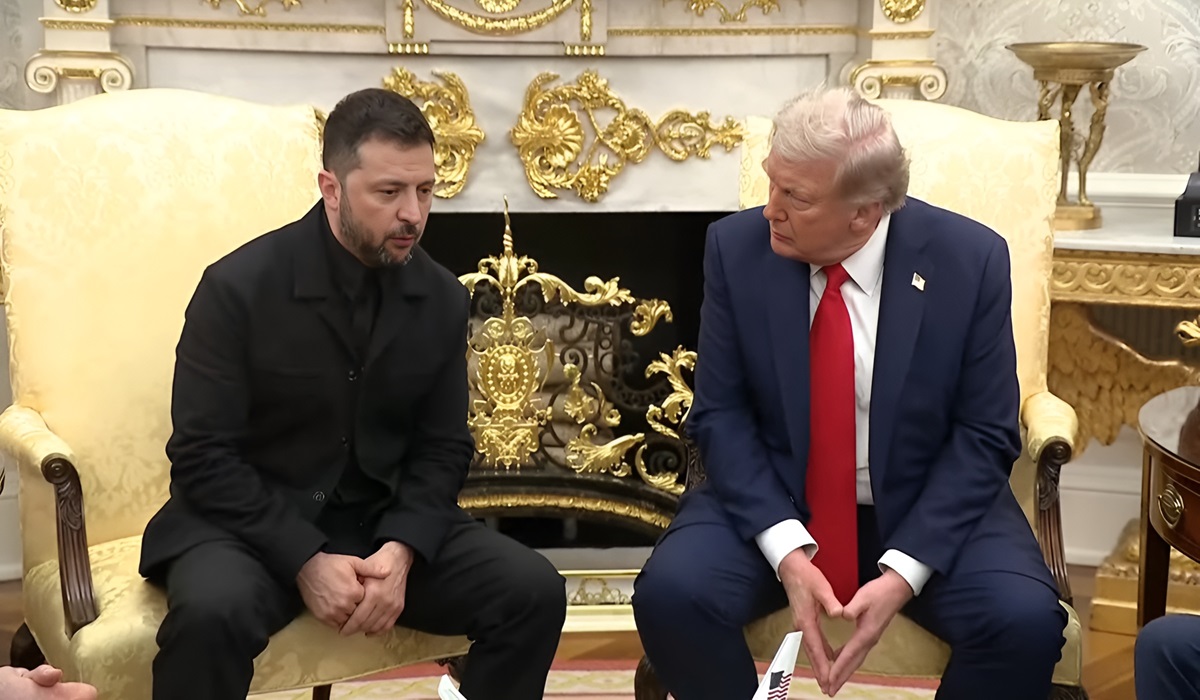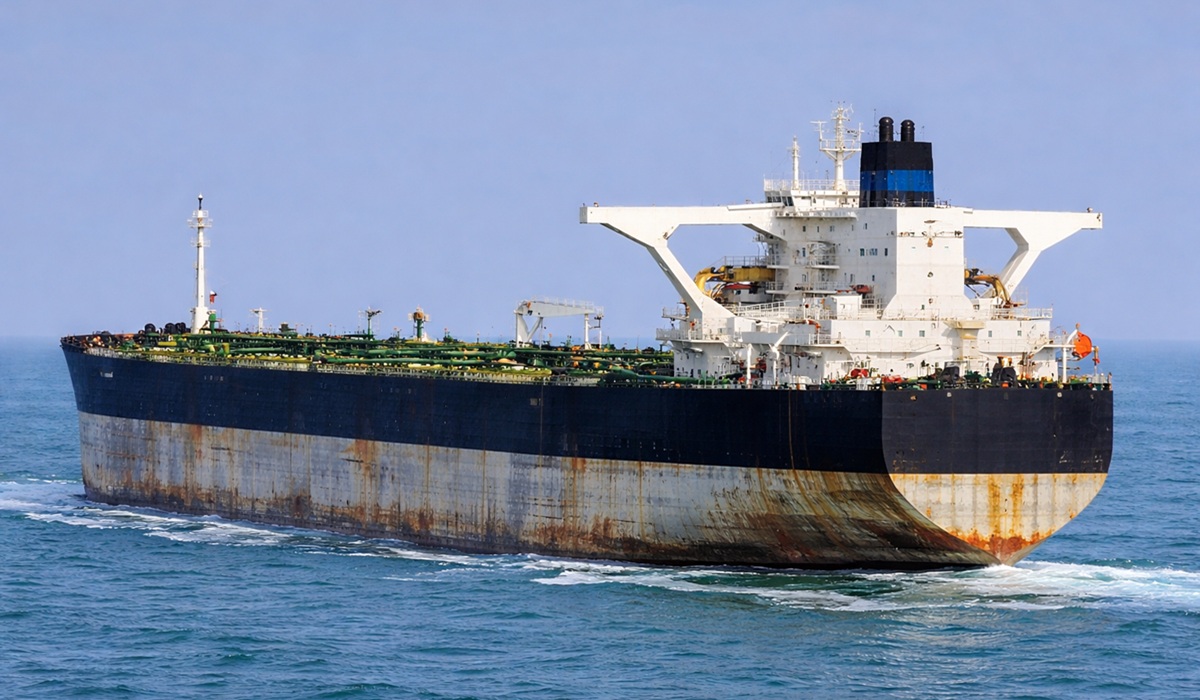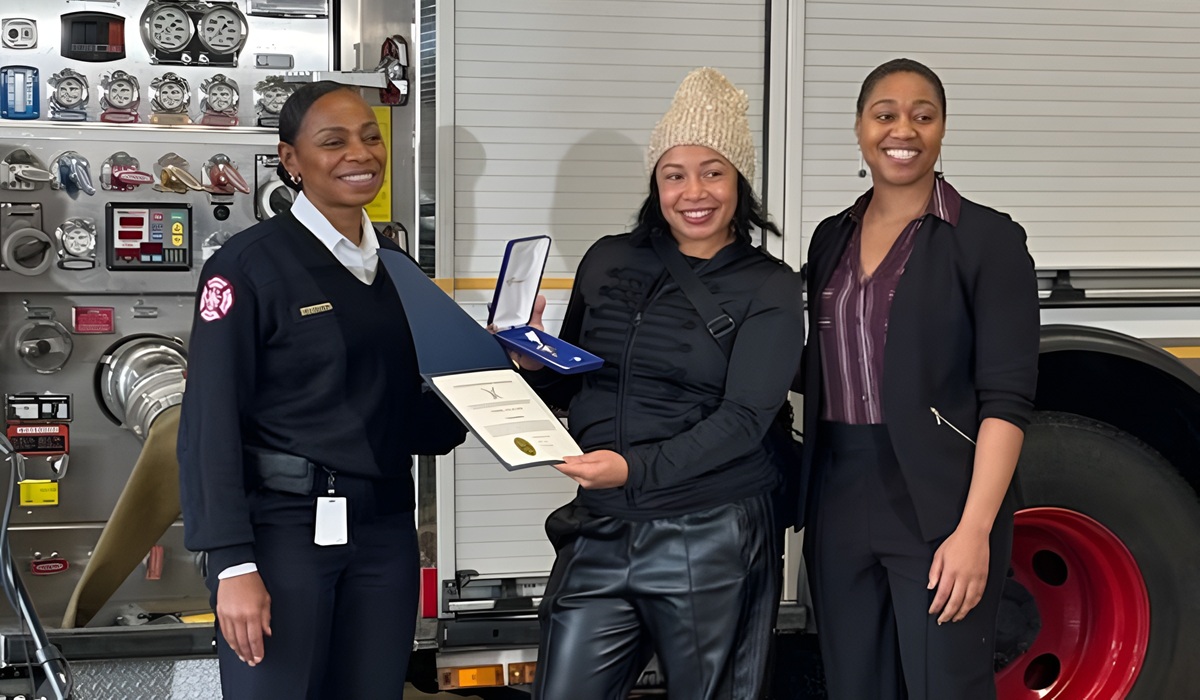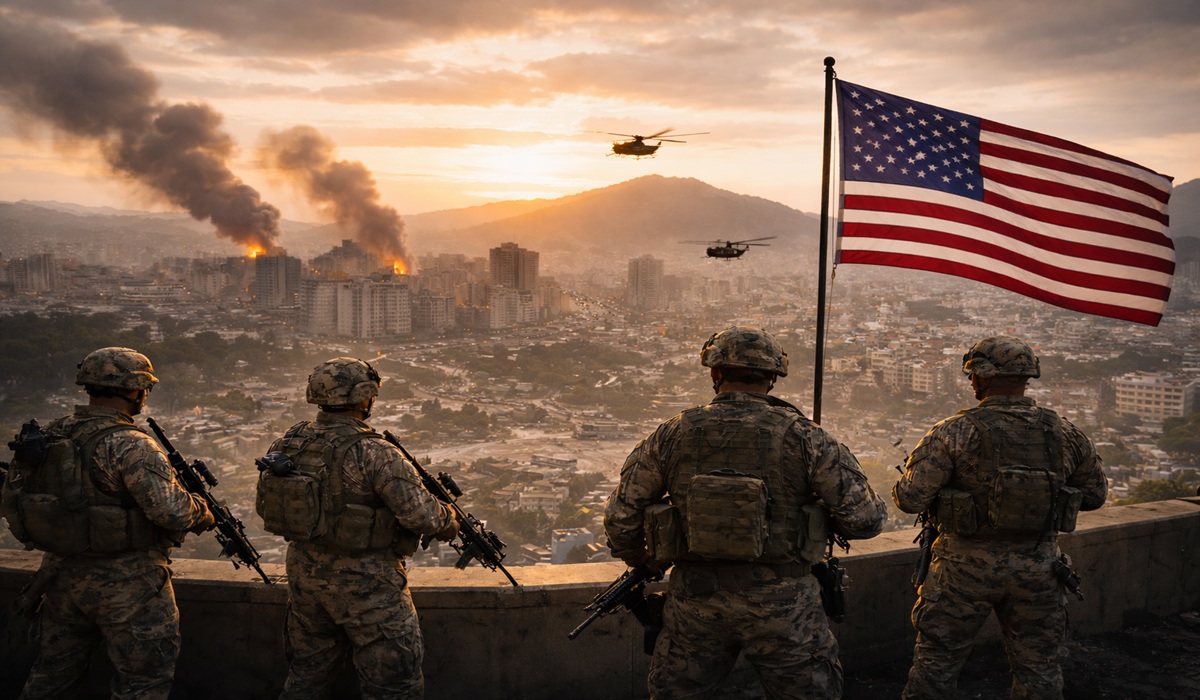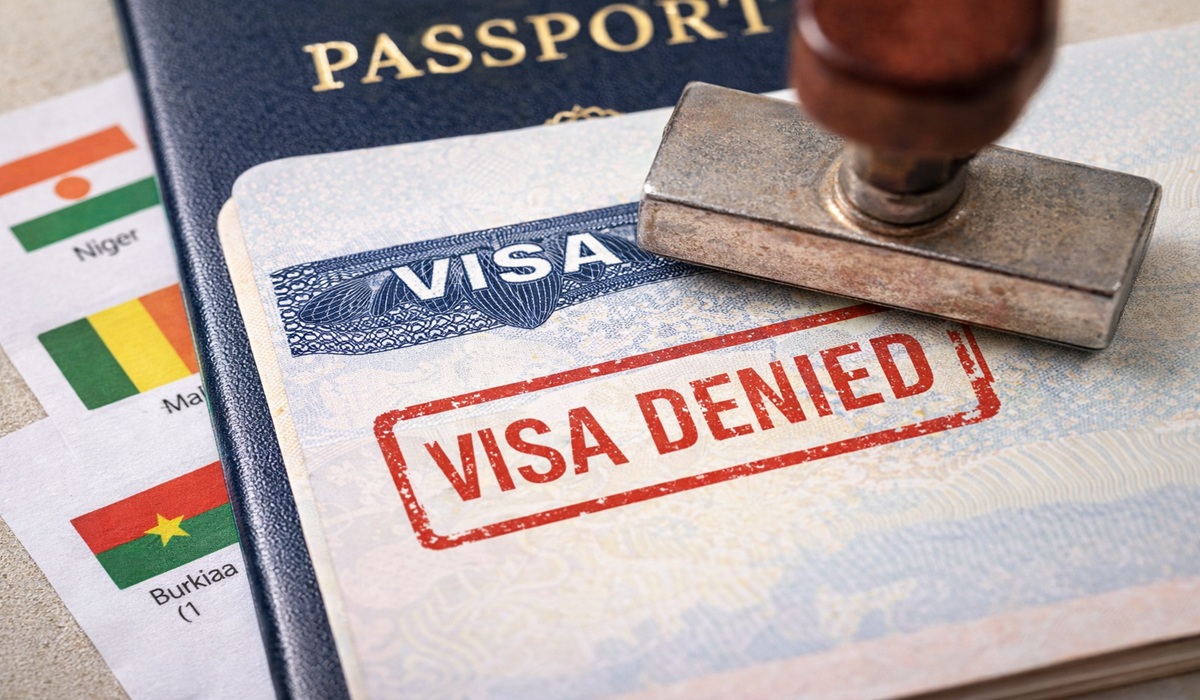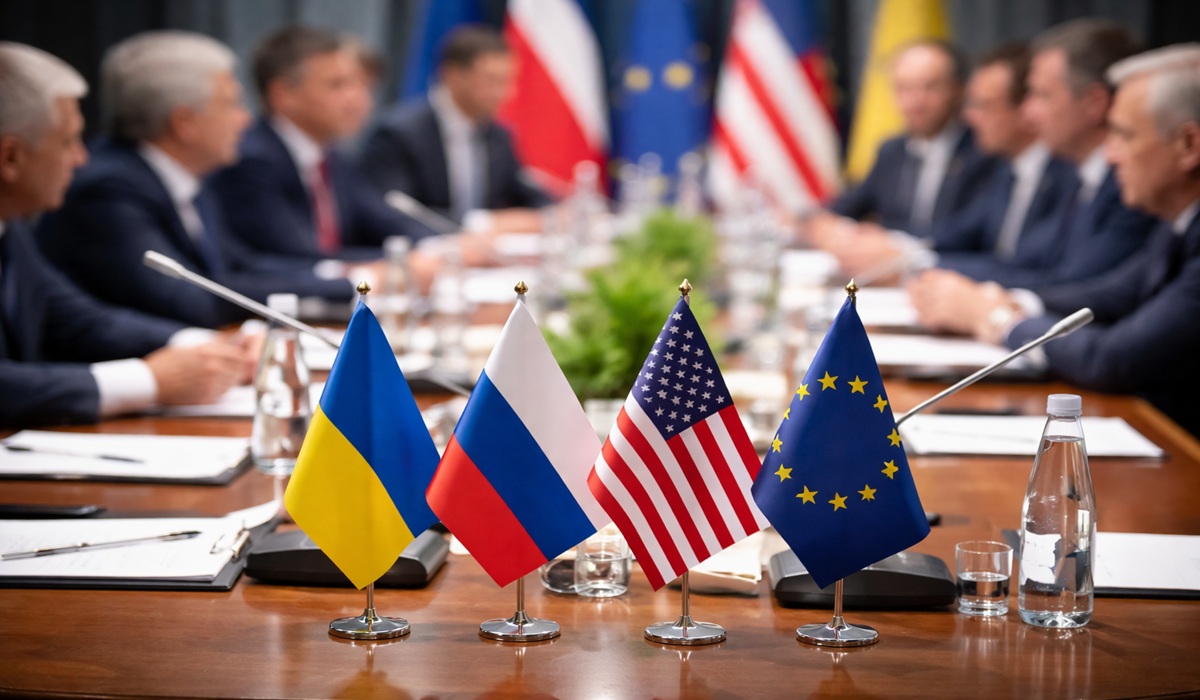The White House will host one of the most consequential meetings of the war in Ukraine today as President Volodymyr Zelenskyy arrives in Washington, joined by a powerful entourage of European leaders. France’s Emmanuel Macron, Germany’s Friedrich Merz, Italy’s Giorgia Meloni, Britain’s Keir Starmer, European Commission President Ursula von der Leyen, and NATO Secretary General Mark Rutte are among those expected to stand at Zelenskyy’s side. Their presence is not ceremonial. It is a calculated move to prevent Ukraine from being cornered into a peace deal that risks sacrificing land to Russia.
The urgency stems from the recent Trump-Putin summit in Alaska. After meeting face-to-face with Vladimir Putin, President Trump shifted his stance, dropping his earlier insistence on a ceasefire and embracing direct peace talks instead. This has unsettled both Kyiv and European capitals. For Ukraine, a ceasefire is not a bargaining chip—it is the essential first step. Without halting the bloodshed, negotiations risk being nothing more than diplomacy under fire, with Russia leveraging battlefield pressure to extract concessions.
The difference between a ceasefire and peace is more than semantics. A ceasefire halts the violence immediately, freezing lines of combat and creating the breathing space for talks. It is temporary and fragile but lifesaving. A peace agreement, on the other hand, is final—settling questions of territory, sovereignty, and security guarantees. For Zelenskyy, entering a peace deal while Russian missiles still fall on Ukrainian cities would mean negotiating with a gun to the head. For Trump, however, the ceasefire stage appears to be a distraction, something that delays what he sees as the ultimate goal: ending the war through a sweeping settlement.
Putin has made his demands clear, insisting on recognition of Russian control over parts of the Donbas while offering to halt further advances. For Kyiv, this is unacceptable, not only because it rewards aggression but because it undermines the principle that Ukraine alone decides its borders and future. European leaders understand this well. Their decision to accompany Zelenskyy is meant to show Trump that Ukraine is not isolated, that the West will not sign off on a deal that hands Moscow victory through diplomacy rather than force.
At stake is more than the fate of Ukraine. It is the credibility of the West’s commitment to defending sovereignty, the balance of power in Europe, and the precedent set for future conflicts. If Russia is seen to benefit from war, others may be tempted to follow its example. If Ukraine is abandoned, Europe will be forced to live with an emboldened Kremlin on its doorstep.
The world wants an end to this war. On that, there is no disagreement. The dispute is over how to reach it. Ukraine and its allies argue for a ceasefire as the path to a just and lasting peace. Trump and Putin claim peace must come first, even if it means Ukraine yields territory. The outcome of tomorrow’s meeting could shape not only Ukraine’s survival but the rules of the international order for years to come.

